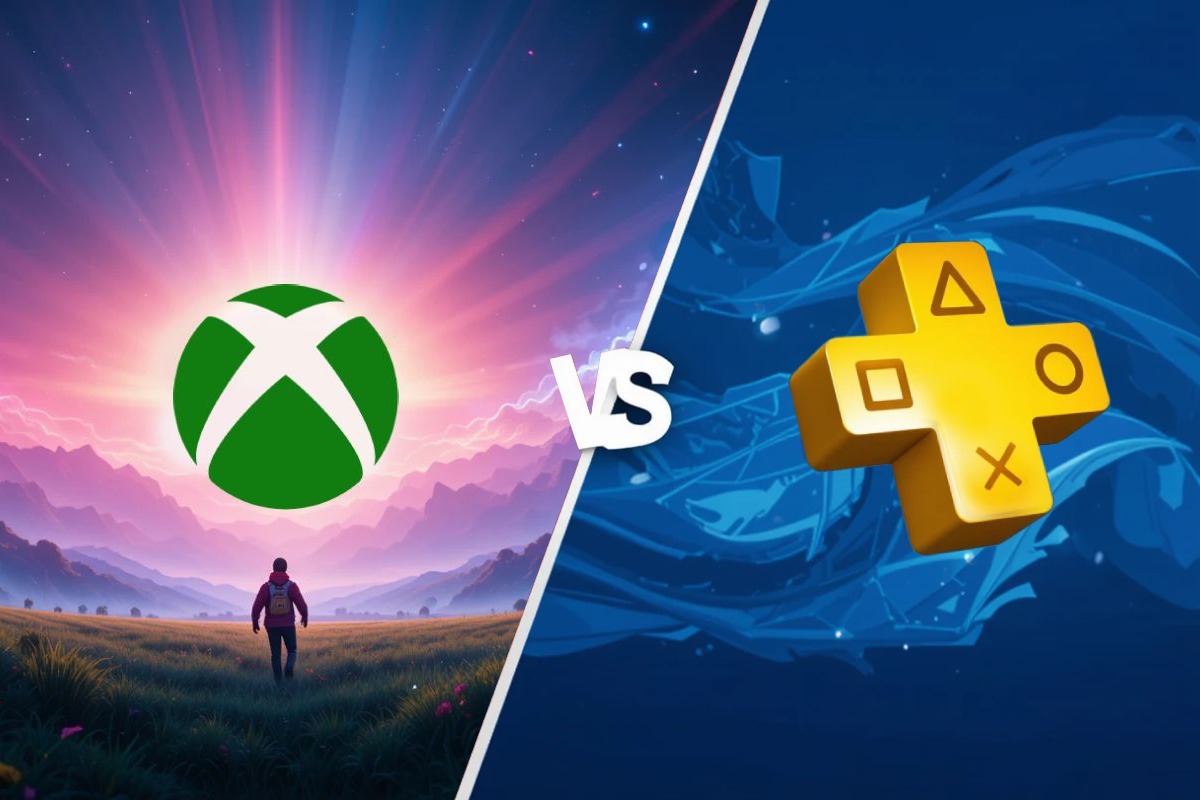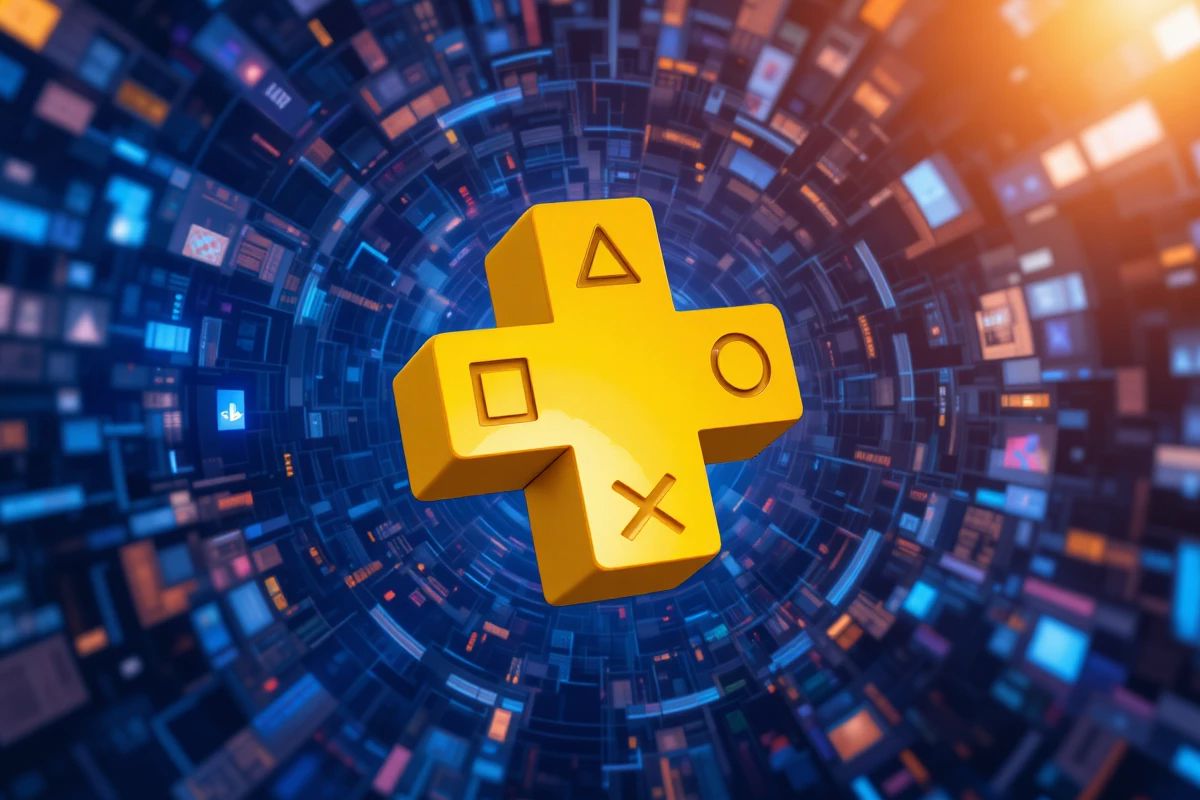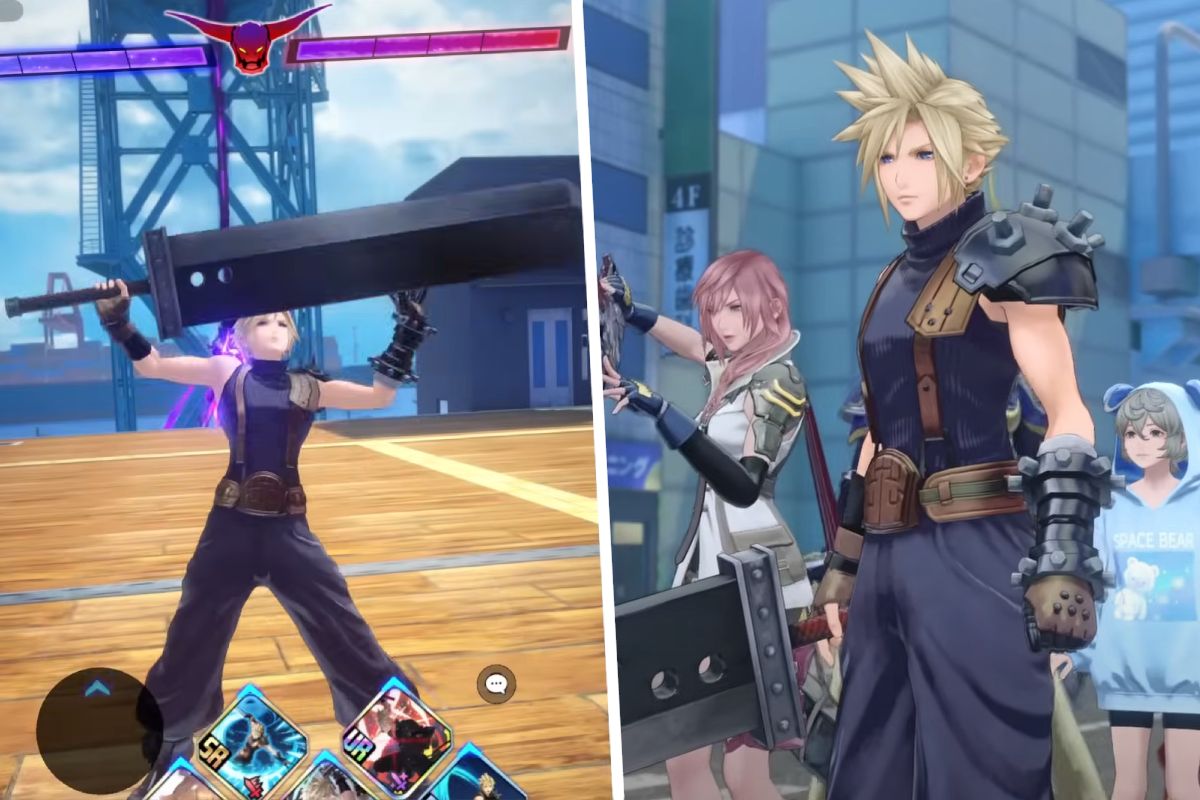These Industry Veterans Say PS Plus Is a Better Choice Than Game Pass — Here’s Why
What if the promised land of unlimited subscription services was actually a ticking time bomb for game studios? Influential voices like Raphael Colantonio are raising the alarm, shaking players’ confidence in the all-you-can-play model.
While Sony has just weathered a wave of criticism after a controversial PS Plus announcement, the Xbox Game Pass now finds itself in the hot seat. In a landscape where subscription models are reshaping how we consume games, some industry figures are calling out what they see as a long-term toxic system. And not just any figures: influential names like Raphael Colantonio and Michael Douse, who are no longer holding back their concerns.

Image credit: Les Aventures Ludiques
A blunt critique from an industry veteran
Raphael Colantonio, founder of the legendary Arkane Studios and the creative mind behind masterpieces like Dishonored and Prey, recently took to social media to openly criticize Xbox Game Pass. According to him, this model is not only unsustainable but also increasingly harmful to the industry.
In a straightforward post, he warned: “At some point, reality will hit.” For Colantonio, Game Pass—backed by Microsoft’s virtually limitless resources—cannot indefinitely coexist with other distribution models. He believes the system will eventually “kill the competition” or vanish due to a lack of economic balance.
I think Gamepass is an unsustainable model that has been increasingly damaging the industry for a decade, subsidized by MS’s “infinite money”, but at some point reality has to hit. I don’t think GP can co-exist with other models, they’ll either kill everyone else, or give up. — Raphael Colantonio (@rafcolantonio) July 5, 2025
For Colantonio, Game Pass as it operates today encourages a “content tsunami” mindset, pushing studios to churn out massive quantities rather than focus on innovation. He warns that if this model persists, players will ultimately “hate” Game Pass once they realize its impact on game quality and creative diversity.
(Lol)
Gamepass is only proditable if you ignore the 100 billions that MS spent in acquiring content for GP such as Zenimax and Activision. It’s a spreadsheet trick where they don’t put that detail in a profit and loss section, but instead in the amortization over time. — Raphael Colantonio (@rafcolantonio) July 5, 2025
He also points out that the supposed profitability of the service is, in his view, merely an accounting sleight of hand that hides the massive sums Microsoft spends to bolster its library, like last month’s high-profile additions.
Concerns shared by other creators
Michael Douse, publishing director at Larian Studios (the geniuses behind Baldur’s Gate 3), quickly joined the debate. He also questions the financial viability of Game Pass. In his professional circles, the most frequent question remains: “What happens when Microsoft’s money runs out?”
Both creators highlight a fundamental problem: sales cannibalization. In other words, when a game launches directly on Game Pass, players don’t really pay for the game itself but only for access to the service. With Microsoft alone footing the bill, margins shrink, weakening the entire ecosystem. In practical terms, this brings several major risks for the future of gaming:
- Loss of direct revenue for studios
- Less incentive to create bold, ambitious games
- Dangerous dependence on a single funding source
PS Plus: A healthier alternative?
For these creators, Sony’s model—based on a more traditional lifecycle—seems more protective. Unlike Game Pass, which pushes day-one releases, Sony prefers to capitalize on the long-term value of its titles and strategically add games to PS Plus later. This approach was reinforced by the recent July 2025 free games announcement, which notably included Diablo IV.
Colantonio even goes a step further, suggesting an alternative: limit Game Pass to a retro catalog. This would allow players to (re)discover classics without undermining the viability of new releases, while mitigating its destructive impact on the industry.
This stance comes at a particularly tense time: Microsoft is undergoing massive layoffs and closing several studios, further shaking confidence in its unlimited subscription strategy. All of these events are fueling a crucial debate on which business models should be prioritized to ensure developers’ creativity and long-term sustainability.
Meanwhile, Sony is sticking to its own strategy, relying on a more traditional lifecycle, while planning to adjust PS Plus pricing once again to optimize profitability. One thing is clear: the battle of services has only just begun, and players will need to choose their side with both insight… and caution.
A hardware answer to a contested vision
To complement this strategy and illustrate Xbox’s diversification efforts, Microsoft recently unveiled the ambitious ROG Ally Xbox Edition, a portable console designed to bring Game Pass to players anywhere, anytime. A new sign that, despite criticism, the brand fully intends to explore every possible avenue to conquer our living rooms — and our backpacks.









